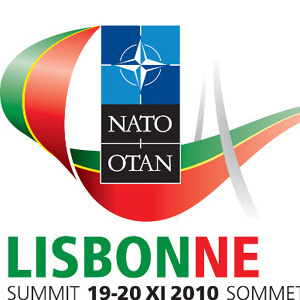The Lisbon Summit and NATO’s Identity Crisis

NATO adherence to the idea of (eastward) expansion –and its attempt to regain the prestige undermined in the Balkans- culminated in its invasion of Afghanistan following the 9/11 terrorist attacks on the US. However, after ten years of presence in Afghanistan, NATO’s performance receives a score of next to zero. None of the predetermined objectives - including routing terrorism - have been realized. Ten years after the invasion of Afghanistan, even Western analysts are aware that a large part of the Afghan territory is under the Taliban’s influence.
NATO’s failure in Afghanistan makes it difficult to retain the present structure of the organization. Despite the focus on budget problems at the Lisbon summit, identity crisis remains the most critical problem, even if overlooked by European and American leaders. The challenge that troubled NATO in southeastern Europe –with its catholic and orthodox composition- and proved NATO’s inefficiency, took place in a more familiar habitus than in Muslim Afghanistan. Thus, it is natural that NATO falls into a “trap” (as the new French defense minister Alain Juppe recently confessed) in Afghanistan, a country with a much more complicated ethnic, political, and geographical texture.
Along with Karzai’s attendance at the Lisbon summit, defense ministers of NATO member states have claimed that security responsibilities will be assigned to Afghan forces beginning next year. However, any talk about ‘withdrawal’ seems to be more propagandistic than anything else and unrealistic. Karzai’s criticism of NATO operations (particularly the drone attacks) also hardly sounds genuine. If the Afghan president is truly concerned with the consequences of NATO’s indiscriminate attacks, he knows how to use better channels rather than public speech: diplomatic objection is the conventional way. The media representation of Karzai’s remarks seems more to be serving a justification for public opinion in Afghanistan and it is not clear how effective it can be, given that it is more about rhetoric than any actual action.
Mohammad Ebrahim Taherian is Iran’s former ambassador to Afghanistan.

